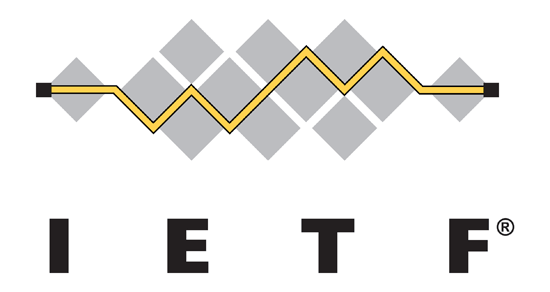 On this happy occasion, let us take a few minutes to discuss some of the benefits of living in Switzerland. To start with, people are polite to a fault. Our family has been treated with the utmost respect the entire time we have been here. In our town, people greet each other in passing with Greuzi, and they say good-bye when they part.
On this happy occasion, let us take a few minutes to discuss some of the benefits of living in Switzerland. To start with, people are polite to a fault. Our family has been treated with the utmost respect the entire time we have been here. In our town, people greet each other in passing with Greuzi, and they say good-bye when they part.
While the trains run with well known precision, what is not so known is that you can get virtually anywhere in Switzerland through the extensive network of not only trains but also buses. The trains are also kept clean not only by the SBB, but also by the passengers themselves. One need look only so far as the neighboring countries to understand that it is hard to keep the transit system clean, and easy to create a mess. The Swiss have worked hard. Most of what we need is close at hand. That includes two supermarkets, three bakeries, day care, two post offices, several banks, a pool.
Joanna enjoys swimming, and for a very reasonable amount she can do so nearly every day of the year. How reasonable? What we pay in a year here wouldn’t cover the cost of the service in California for a month. But don’t get the impression that Switzerland is a socialist state, for it is perhaps the least socialist state in Europe. We do not have a social healthcare system, but we do pay a very reasonable fee per month for insurance. When we want to see a doctor, we see one. Not a nurse, but a doctor.
While I have come to realize that there is no perfect place, Switzerland is even attempting to do away with some of the things I would think of as flaws. Smoking here has dropped dramatically, even in the time we’ve lived here.
So here’s to you, Switzerland! Maybe next year I’ll recite this auf Deutsch!
 Each day we hear about different forms of fraud and theft on the Internet. Someone in America gets phished from a computer in the UK that is controlled by another computer in Switzerland, that is controlled by an individual in Italy, and their bank account emptied to a mule in America, and the money ends up with some gang in Russia.
Each day we hear about different forms of fraud and theft on the Internet. Someone in America gets phished from a computer in the UK that is controlled by another computer in Switzerland, that is controlled by an individual in Italy, and their bank account emptied to a mule in America, and the money ends up with some gang in Russia. World trade talks
World trade talks 
